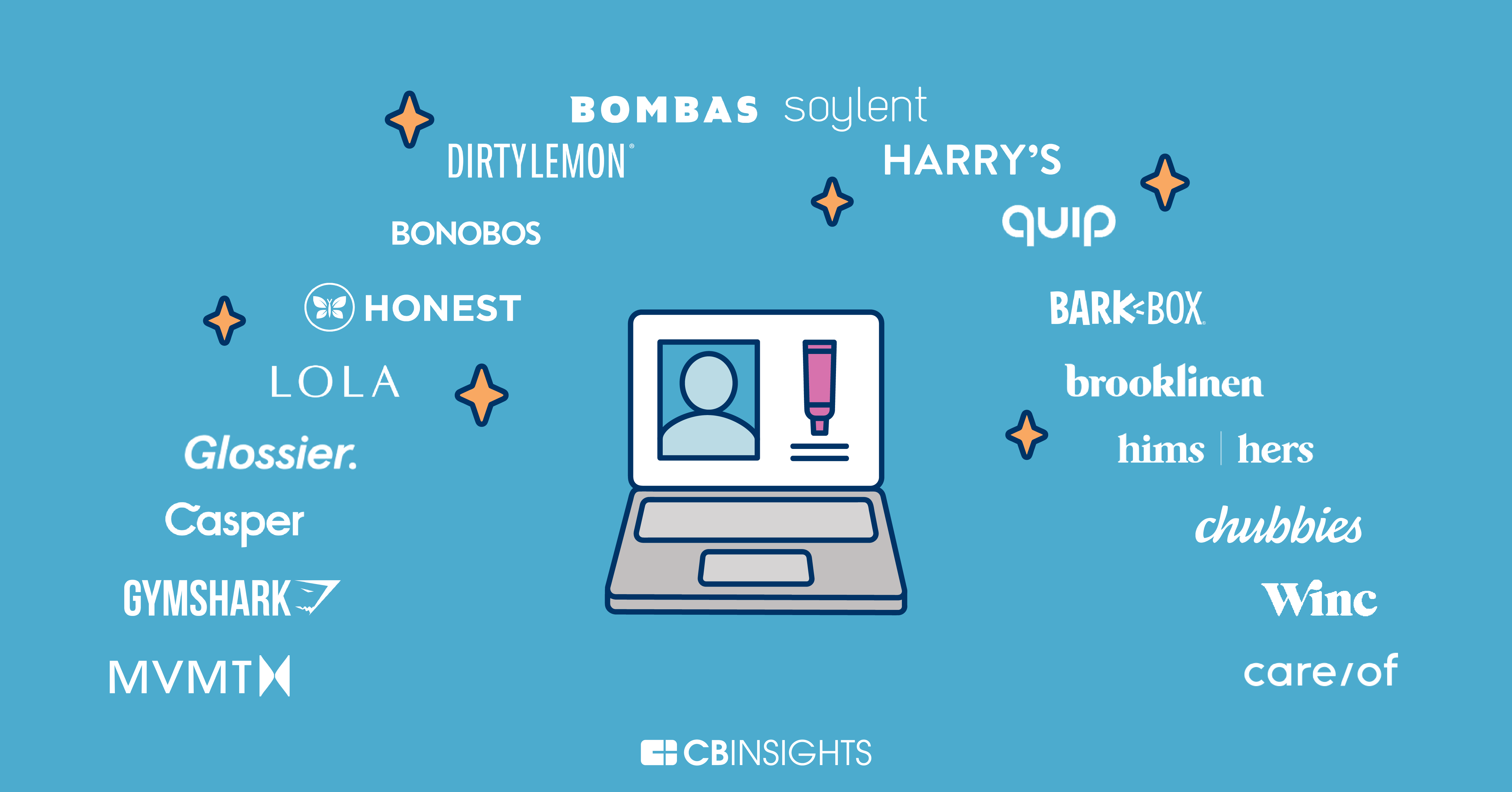How can the security of patient health records be improved and the integrity of these data sets be maintained? What role can blockchain technology play in reshaping this vital aspect of the healthcare sector? Are there companies advancing this breakthrough technology specifically within the healthcare industry?
Data breaches have become one of the most alarming threats to the healthcare industry, and at the core lies the vulnerability of patient data. According to a Cybersecurity Report from Herjavec Group, the healthcare industry has become the most targeted sector for cyberattacks. Another study from the Ponemon Institute reported that data breaches could cost the healthcare industry $6.2 billion every year. These alarming statistics are compelling the healthcare sector in the USA to explore innovative ways of securing patient records, among which blockchain technology stands out due to its decentralized, transparent, immutable nature.
In this article, you will learn about the significant role blockchain is playing in revolutionizing data security in healthcare. We will detail how major firms are developing and modifying this technology to tackle the prevalent issue of data breaches, particularly in the healthcare industry. An exploration of use-case scenarios where blockchain is helping in maintaining the privacy and security of patient records will be provided, shedding light on its practical implementation within the industry.
The article will also highlight the potential of blockchain as a promising solution in redefining the management and secure sharing of healthcare records. We will examine real-life examples and case studies of health institutions and companies employing blockchain to secure patient data, thereby setting the stage for a robust and resilient healthcare future.

Definitions and Basics of Blockchain in Healthcare
Blockchain is essentially a digital, distributed ledger of transactions that is transparent, secure and unalterable. In terms of healthcare, this can ensure confidentiality and security of patient records.
Companies in this context refers to organizations employing blockchain technology to secure healthcare data.
Patient Data and Records are sensitive information about an individual’s health diagnosis, treatment, and other medical history.
Securing implies protecting these sensitive data from unauthorized access or potential breaches.
Using blockchain in healthcare can tackle the issues associated with security and interoperability in health information exchanges. It can also help maintain integrity of the data and prevent fraudulent activities.
Reimagining Patient Privacy: Disrupting the Healthcare Industry with Blockchain Technology
Shielding Medical Records Using Blockchain
The quest for enhanced privacy and security has led to the innovative use of blockchain in the healthcare sector. At its core, blockchain is a data structure that creates a digital ledger of transactions that is encrypted, decentralized, and accessible to authorized entities. Its application in healthcare revolves around securing patient data and records. Secure transactions and data protection are paramount in the healthcare field, which has an enormous volume of sensitive patient information.
Utilizing blockchain technology can mitigate the issues of data breaches, unauthorized access, and even ransomware attacks that have beleaguered the healthcare industry. This is vital, considering the ongoing increase in healthcare data breaches, either due to ill-intended attacks or accidental leaks. For example, companies like MedRec and Medicalchain have used blockchain to secure patient records, establishing patient history as provenance and bolstering data integrity.
Blockchain Companies Pioneering Healthcare Data Protection
Several companies are pioneering the use of blockchain for data protection in healthcare. These companies include Guardtime, SimplyVital Health, and Gem. Guardtime uses Keyless Signature Infrastructure (KSI), a blockchain technology that ensures medical records are correct and not tampered with. SimplyVital Health leverages blockchain to offer a decentralized open-source database for healthcare providers, providing secure, auditable data highlightin patient’s medical history.
Gem, on the other hand, partners with Centers for Disease Control and Prevention (CDC) to monitor outbreaks and epidemics in real-time. This is executed by applying blockchain technology to secure the patient data and ensuring the information is quickly disseminated to relevant authorities. This shows that blockchain can also be pivotal in dealing with public health crises.
- Guardtime: Uses KSI blockchain technology to secure medical records
- SimplyVital Health: Offers a decentralized database for healthcare providers, enabling secure, auditable, and efficient record-keeping
- Gem: Leverages blockchain technology for disease monitoring and outbreak detection in real-time, in partnership with CDC
In this era of digital information, it’s clear that securing patient data goes beyond establishing trust between individuals and healthcare providers. It’s about safeguarding individuals’ sensitive health information and maintaining the professional integrity of medical institutions. Therefore, reinforcing data privacy and control through blockchain technology brings a promising future in healthcare data management. Despite the potential hurdles, such as establishing universal standards and inertia against adopting new technologies among healthcare professionals, blockchain technology presents an optimistic perspective towards secure, transparent, and efficient health data sharing.
Decoding Security: How Blockchain Companies are Revolutionizing Healthcare Data Protection
Is it Possible to Achieve Immaculate Record Keeping in the Health Sector?
With the advancement of technology, this question is becoming more and more relevant. The truth is, yes, it is possible, and this is where blockchain technology enters the scene. Blockchain offers a potentially game-changing solution to data security challenges in healthcare. It creates a decentralized and unalterable system for record keeping, eliminating the chances of record tampering and ensuring the integrity of patient data.
The State of Current Healthcare Record Keeping
Healthcare institutions are currently wrestling with inefficient and insecure methods of record management. A major challenge has always been data security. Health records have become a primary target for cyber-attacks due to their high black market value. Honest errors also pose a significant risk. Mistakes in records, misplacement, and improper disposal can lead to critical data being lost or disclosed. Additionally, interoperability remains a concern. Health institutions often have different sets of patient records, and sharing them securely is a major hurdle. Consequently, these institutions not only risk falling foul to regulators and losing their reputation but also endanger the lives of patients.
Case Studies of Successful Adoption of Blockchain
Several healthcare institutions are making great strides in integrating blockchain into their operations. MedRec, a system developed by researchers at the Massachusetts Institute of Technology (MIT), is an excellent example of how blockchain technology can store and manage patient records. Through blockchain, MedRec ensures advanced confidentiality while offering easier and secure access to health information for patients and physicians alike.
Another example is Estonia’s E-Health Authority, which has adopted blockchain technology to secure health records of its citizens. Leveraging blockchain’s transparent and tamper-proof nature, the authority has reduced fraud, manual documentation and improved overall transparency in the health sector. Similarly, in the private sector, healthcare startups like Patientory and MedChain are utilizing blockchain to address data security while facilitating interoperability among disparate healthcare systems.
These examples illustrate a promising future where healthcare record management is not only highly secure but also highly efficient. It’s clear that blockchain technology has a revolutionary role to play in keeping our healthcare systems safe and physician-friendly.
Bridging Gaps: Blockchain’s Role in Streamlining Access and Security of Patient Records
Is Blockchain the Answer to Healthcare Data Security?
Did you ever wonder if there’s a foolproof method to secure sensitive healthcare data? Welcome to blockchain technology. With its decentralized and immutable nature, blockchain presents a remarkable solution to issues of trust, transparency, and traceability in healthcare data management. By encrypting patient data and distributing it across a network of computers, blockchain makes unauthorized access nearly impossible. Furthermore, every time data is added or altered, the change is recorded and timestamped. This prevents data tampering, offers a reliable audit trail, and fosters trust among all stakeholders.
The Challenge of Data Security in Healthcare
Despite the life-saving advancements in medical technology and health informatics, the healthcare industry remains plagued by data breaches. These not only harm the reputation of healthcare providers but also put patients’ physical and financial well-being at risk. Confidential patient information, if leaked, can be exploited in numerous nefarious ways. Current centralized systems for storing patient data present an attractive target for cybercriminals. They offer a single point of entry into a wealth of sensitive information. Moreover, it’s not just external threats. Internal misuse of information or system errors can also lead to data breaches.
Blockchain Solutions in Practice
Promisingly, numerous innovative companies are already leveraging the power of blockchain to secure healthcare data. For instance, MedRec is a decentralized record management system that uses blockchain to store, retrieve, and manage medical records. By giving patients control of who accesses their data, MedRec enhances privacy while embedding transparency and traceability in processes. Similarly, Healthureum relies on blockchain to guarantee data integrity and provide secure and quick access to relevant medical data. It uses smart contracts to automate health insurance claims, eliminating the risk of fraud and error. Additionally, Guardtime’s KSI blockchain has been instrumental in securing the health records of all citizens in Estonia—one of the first nationwide applications of blockchain in healthcare. These early adaptors signal a future where blockchain is integral to protecting patient data and restoring trust in healthcare systems.
Conclusion
Can we envision a future where patient records are impenetrable, ensuring the utmost confidentiality and safety? The hybridity of blockchain and healthcare introduces a revolutionizing concept in the realm of medical data storage and protection. In defence against breaches, hacking, and unintended exposure, blockchain technology stands as an impregnable fortress, securing our most sensitive information. Moreover, it paves the path towards interoperability among the healthcare networks, bridging the gaps in communication and data sharing within the medical ecosystem. Indeed, the new generation of healthcare companies harnessing this technology bring us a step closer to this promising future.
We want to invite you to continue being a part of our growth journey. By following our blog, you not only stay updated with the latest trends, but also become a part of a community that fosters innovation and knowledge. Our writers are constantly working towards delivering high-quality, insightful content that aims to illuminate your understanding of such cutting-edge technologies. We are on the brink of several new releases that are set to reshape the way we perceive technology’s influence on numerous sectors, including healthcare.
Finally, rest assured, we understand the importance of timely, relevant information in this rapidly evolving ecosystem, and consequently, we are committed to bringing you the fresh off-the-press news. Therefore, we take pride in urging you to follow our blog, awaiting our upcoming releases. In this era of information overload, allow us to be your guide through the labyrinth, presenting the facts, trends and complex ideas in the most comprehendible manner. Stay tuned as we delve deeper into this exciting venture where healthcare meets blockchain – a concoction that is bound to revolutionize our world.
F.A.Q.
1. What is the role of blockchain in healthcare?
Blockchain technology in healthcare helps ensure higher data security, improves interoperability, and creates a more patient-centric approach by giving control of personal data back to the individual. It also provides new possibilities for data intercommunication and validation without exposing data privacy.
2. How can blockchain secure patient data and records?
Blockchain technology ensures patient data and records are safe by decentralizing the storage system, thus preventing a single point of failure. Also, its cryptography attribute ensures only authorized persons can access any given piece of data, adding another layer of security.
3. Which companies are using blockchain technology in healthcare?
Several companies like IBM, Microsoft, and Google have rolled out blockchain systems specifically designed for healthcare. Startups such as Guardtime, MedRec, and Gem are also offering innovative blockchain solutions for safeguarding patient records.
4. What are the benefits of utilizing blockchain in the healthcare industry?
Blockchain offers benefits including enhanced interoperability, ensuring data security, and transparency, which greatly reduces fraud. Also, the use of blockchain allows for easy data migration, which can be crucial during a healthcare provider switch.
5. What are the challenges facing blockchain implementation in healthcare?
Challenges to using blockchain in healthcare include regulatory limitations, data standards unification, and scalability issues. Plus, as blockchain is a relatively new technology, there’s a need for a greater understanding and education amongst healthcare professionals.


